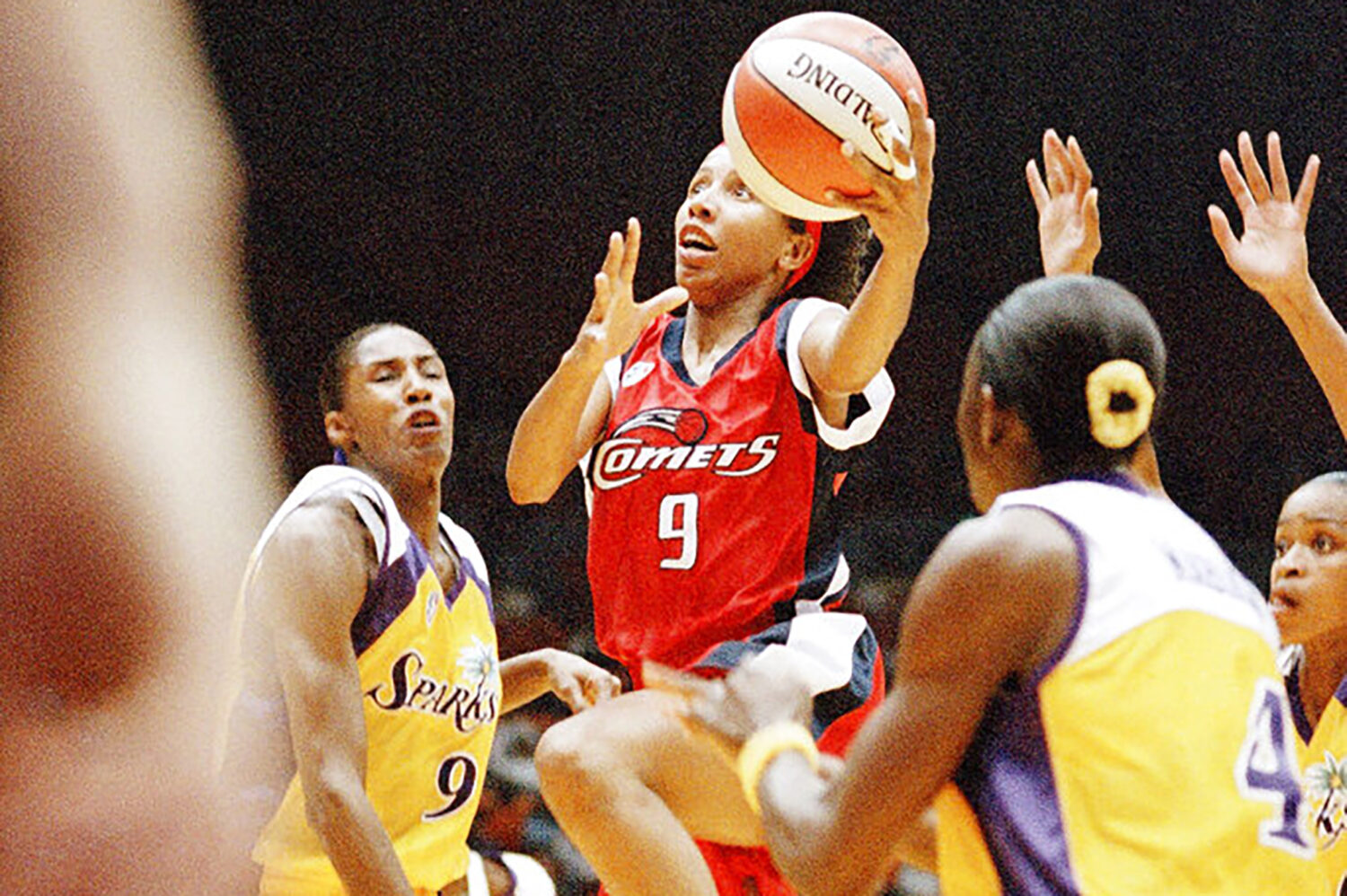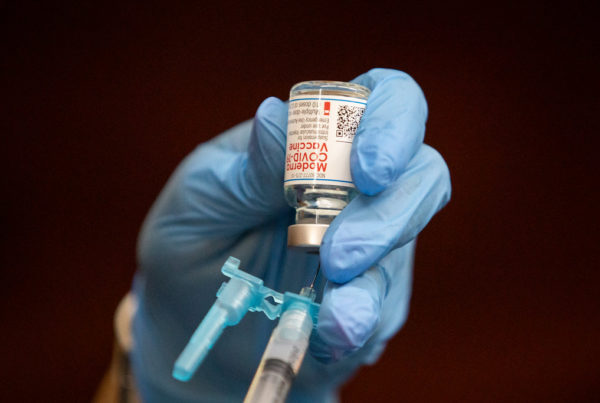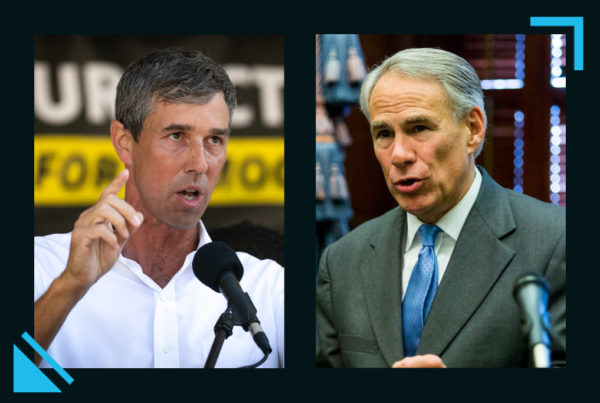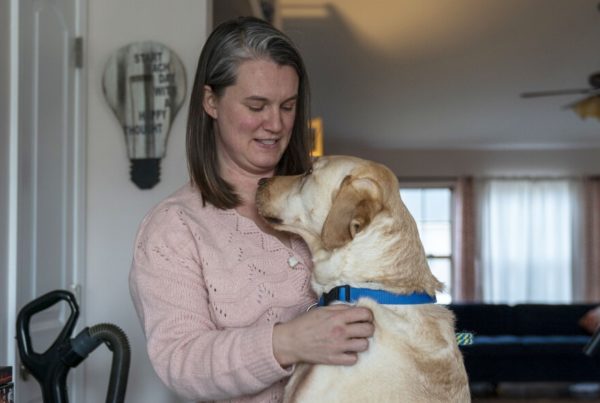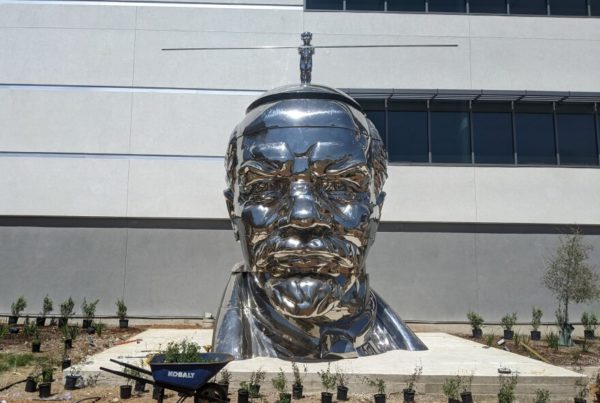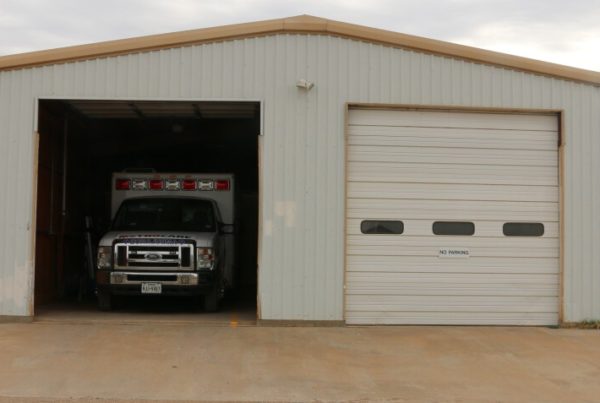From 1997 to 2000, legendary players Cynthia Cooper, Tina Thompson, and Sheryl Swoops led the Houston Comets to the first four national WNBA titles. The team was a dynasty: To this day, it’s the only franchise to win four consecutive championships.
But when the league tips off on May 6 this year, it will mark more than a decade since Houstonians have rooted for a hometown team.
The Comets dissolved in 2008 due to financial problems. Since then, many fans have wondered when conditions might be right for the WNBA to expand again, and what it would take to bring a team back to the Bayou City.
As the league reaches an all-time high in popularity, fans and experts say now is the time.
“If you love women’s basketball, and you love the history of women’s basketball, like I do, like so many others do,” said Howard Megdal, founder and editor at The Next: A Women’s Basketball Newsroom, “it almost feels like a crime that there isn’t a WNBA team in Houston.”
The Comets folded during a decade of WNBA contraction – the league went from 16 teams in 2000 down to the current 12.
But it’s a much different story today: The league, affectionately known as the W among fans, saw decade-high viewership last season, and reported record social media engagement and merchandise sales. Ahead of the 26th season in May, the W raised the most capital in its history at $75 million dollars.
“The idea that there would be a significant expansion in the WNBA within two to four years,” said Megdal, “that seems like a perfectly reasonable time frame, as far as I can tell.”
The league has not publicly committed to expansion, but Megdal said its sounded more open to the idea since the capital raise. He’s watching to see what cities emerge as viable markets at a time when investment in women’s sports is going up exponentially.
But if the city does hope to see a WNBA team, Medgal said it needs stable ownership willing to make an investment – including a place to play.
That latter point is critical. Last season during the playoffs, the Phoenix Mercury were not able to play on the team’s home court due to a scheduling conflict with its shared arena, a move widely criticized among fans. The only W team currently in Texas shares its stadium: the Dallas Wings play on the University of Texas at Arlington campus.
In Houston, fans say they want a place to house the legacy of the Comets, plus a hometown team to root for.
“People don’t typically want to travel all the way to Dallas for a WNBA game,” said Gia Quillap a Houston sports photographer and self-described women’s sports enthusiast. “It’s easier to just have something closer to home, you know, and actually have a feeling that, ‘this is my team.'”
Quilap moved to Houston just after the Comets dissolved, but has developed a love for professional women’s soccer. She now photographs the Houston Dash for the website Keeper Notes.
It’s been because of her soccer coverage – and watching the Dash support the WNBA, including having Houston-born WNBA all-star Brittney Griner perform the inaugural coin toss in 2015 – that she’s grown into a pro hoops fan.
“I think it would mean just so much to add women’s sports in such a big city,” Quilap said. “We’re the fourth-largest city. We’re able to support many different teams, and I think WNBA could fit right in there.”
Fans like Quilap also point to the prevalence of college women’s basketball in and near Houston as a reason to develop a pro team, noting the positive impact it has on younger players to have professionals in the community.
That’s why University of Houston head women’s basketball Coach Ronald Hughey says he wants to see a team return to the Bayou City. A few years ago, legendary Comets player Tina Thompson visited the team, and his players’ faces lit up when she entered the room.
“Just imagine – that magnitude of one person – if it was a whole team here in Houston, what that would bring,” Hughey said. “Not just for my team, not just for the Texas Southern University team or the Houston Baptist University team, but for all these high schools and young girls (to be able) to look up to someone, it would be tremendous.”
Over at Rice University, Head Coach Lindsay Edmonds said she’d love to take her daughters to pro games, as well as have her players get involved.
“I think it would be an awesome opportunity for us to potentially develop a partnership with them,” Edmonds said, “be able to go over and watch practices, be able to go and take the team to games and just be able to hopefully build relationships there.”
Pro players have long been known for community involvement. That’s one of the reasons Donna Finnie, the head coach across town at Houston Baptist University, supports the return of a WNBA team.
“The impact that individuals on that team could have, whether it’s them solely going out into the community or as a group, could be huge,” Finnie said. “Not just in schools and the educational platform, but for charities and raising awareness of things that are going on in our city.”
On top of that, WNBA players have long been known for their activism and support of historically marginalized communities. It was one of the first pro leagues to celebrate the LGBTQ community with pride night games. In 2020, the league dedicated its whole season to social justice through support of the Say Her Name and Black Lives Matter campaigns.
Some even credit the WNBA for helping U.S. Sen. Raphael Warnock, D-Ga., gain national attention during the 2020 election. His successful bid for a seat helped flip U.S. Senate control to the Democrats that year. He also unseated former part-owner of the WNBA’s Atlanta Dream, Kelly Loeffler, who had previously condemned the team’s activism.
Players in the league often point to the WNBA’s make-up as part of the reason for their commitment to social justice. The majority of players are Black — nearly 75% in the 2021 season — and many are openly members of LGBTQ communities. Two players on last year’s championship winning team are married: the Chicago Sky’s Courtney Vandersloot and Allie Quigley.
Just last month Layshia Clarendon, a guard for the pro team in Minnesota and the league’s first openly non-binary player, announced they’re starting a foundation to help provide access to gender-affirming health care. Clarendon is now one of many individual players to head their own foundation.
I never thought I would be saying this but I started a foundation! The last thing I’ve wanted to do for a loooong time was to start a foundation haha cause it’s a lot of work and upkeep and honestly life is hard enough… pic.twitter.com/TGpQz6q6yS
— Layshia Clarendon (@Layshiac) March 30, 2022
All these factors – growth in engagement and viewership, a historic capital raise of $75 million, the impact a team could have on a community – should make a WNBA team extremely attractive to potential Houston investors, Megdal said.
While local coaches, players and fans appear ready to welcome back a team, there’s still uncertainty around if the league will expand. Additionally, while Megdal said Houston is often in the conversation when fans and analysts talk expansion, it’s also uncertain if the city will emerge as a viable option.
“The economic factors on the ground need to make it a reality,” Medgal said. “But just from an emotional point of view, the Houston Comets and their legacy should have a place to live on in the WNBA.”


